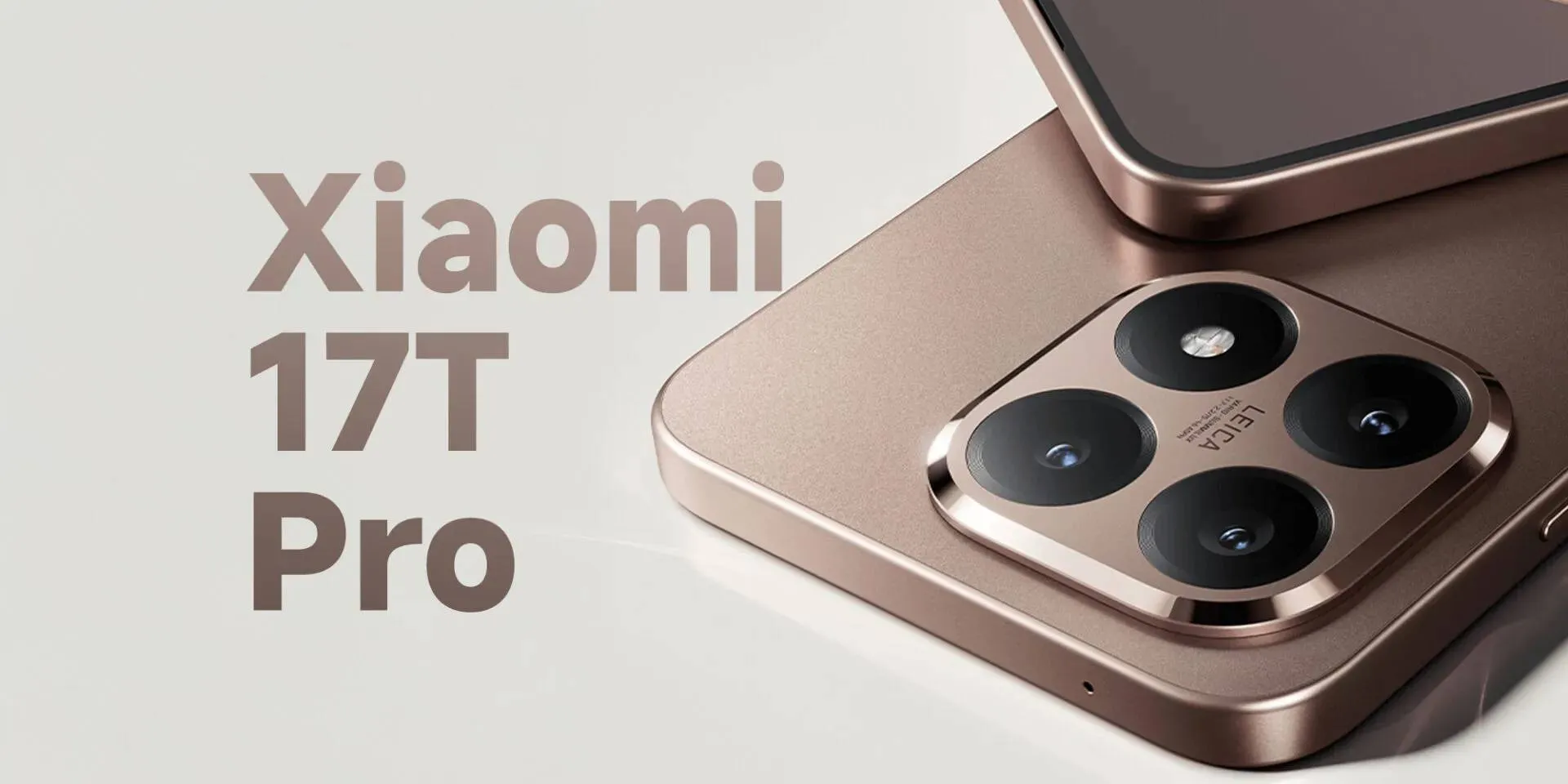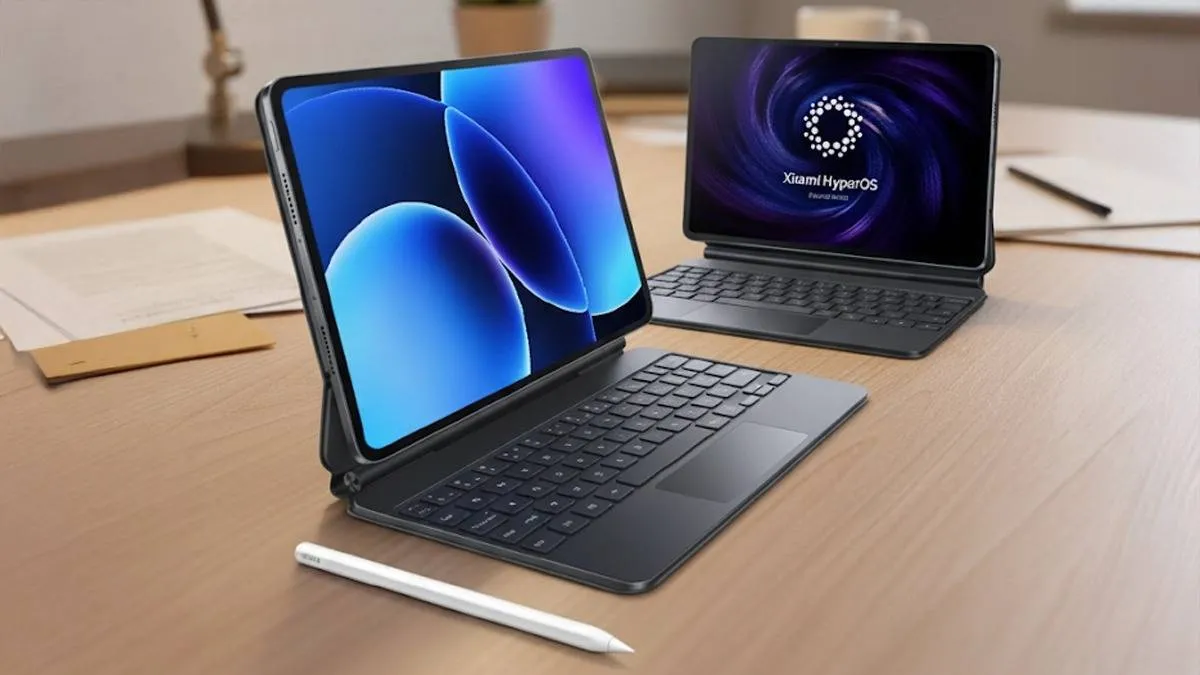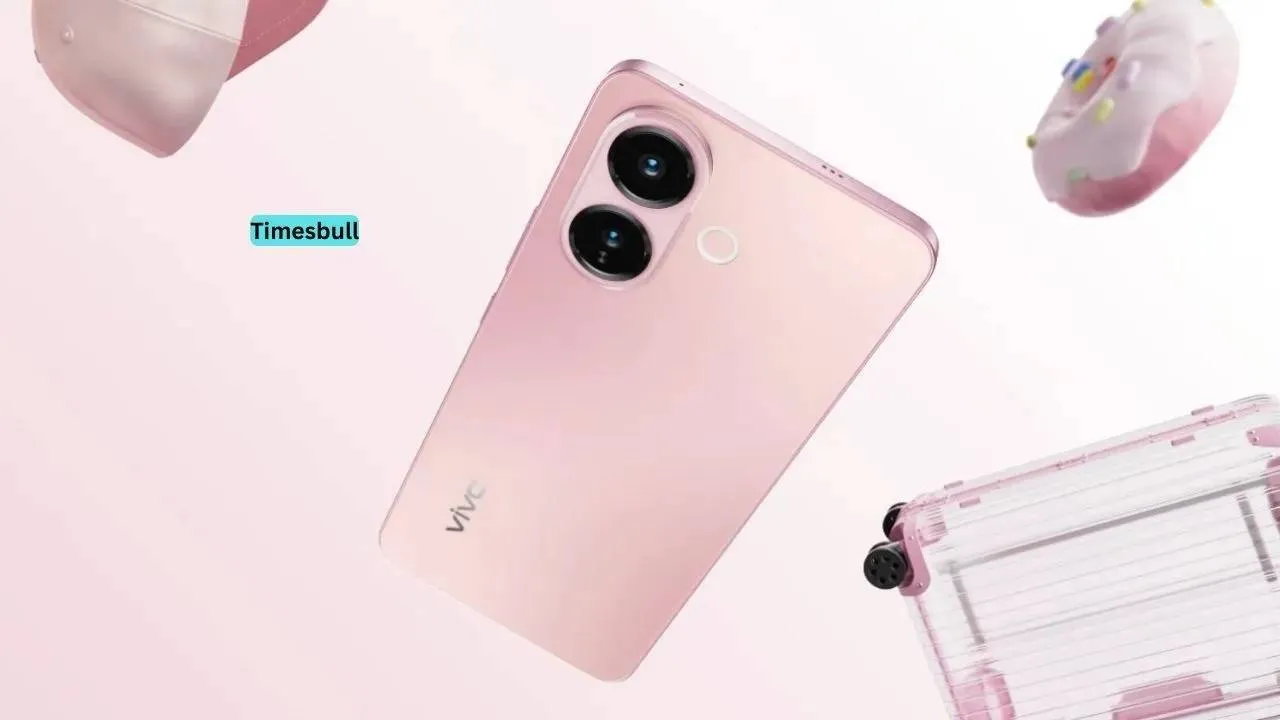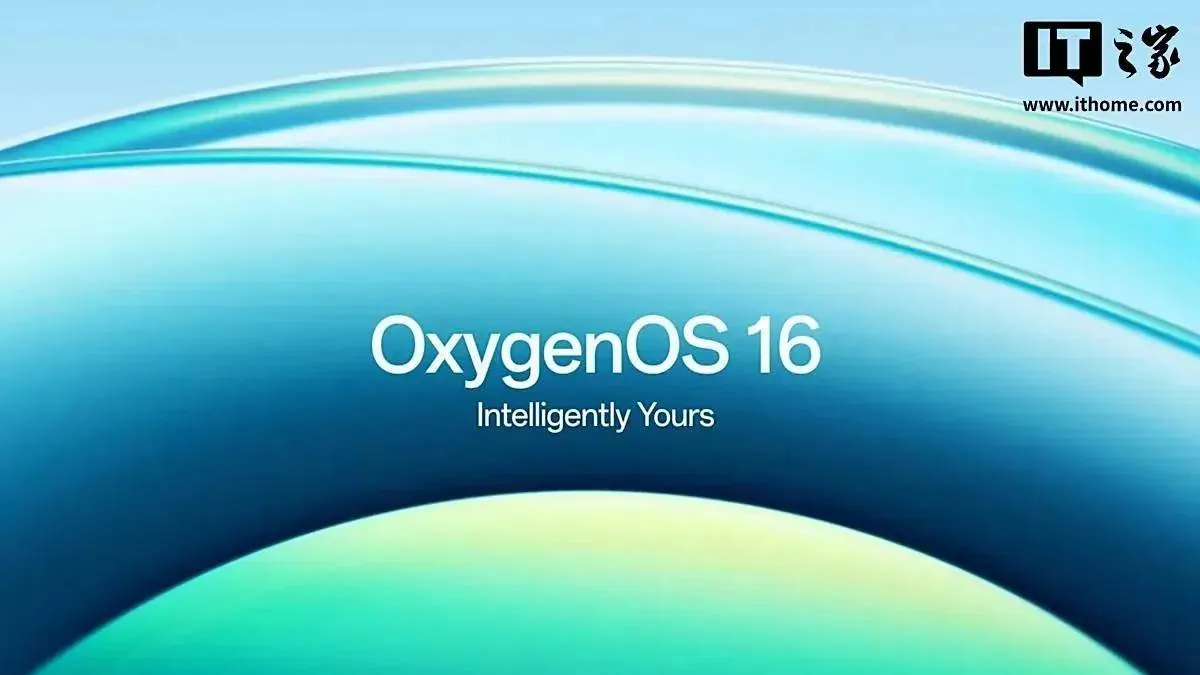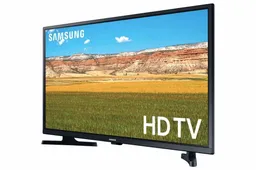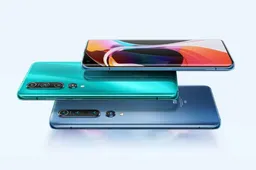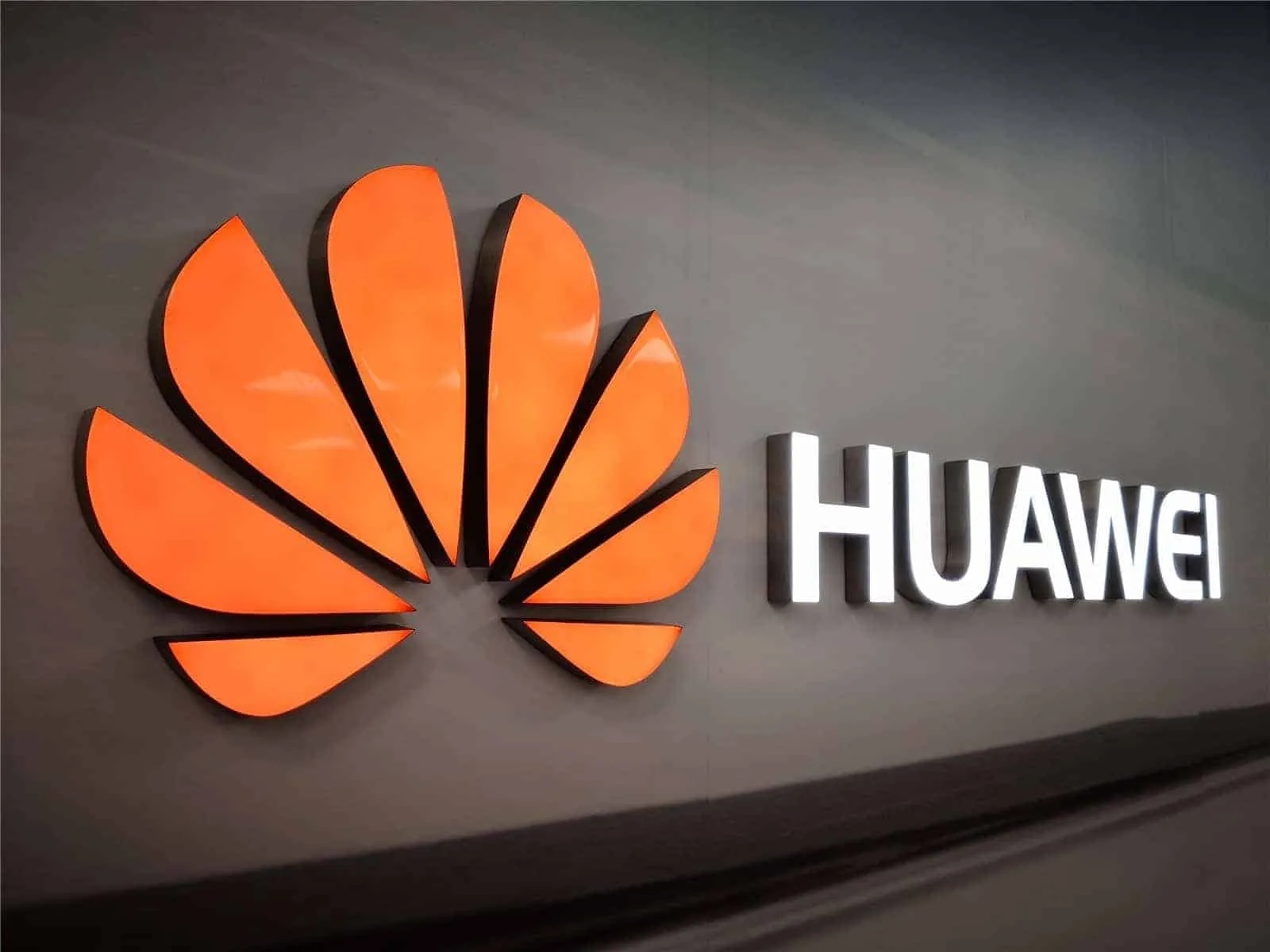
The U.S. government and some Chinese manufacturers are still at loggerheads. Huawei and ZTE lead the line in this regard. Although the world is focused on the coronavirus situation right now, the US government is still taking action(s) against Huawei and ZTE.
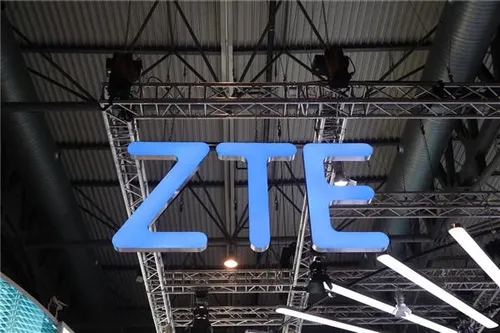
According to media reports, US President Trump has signed a bill that will prohibit telecommunications operators in the country from using government funds to purchase Huawei and ZTE network equipment. Initially, under the draft Secure and Trusted Communications Networks Act, Huawei equipment is a threat to US security.
The White House issued a briefing on Thursday saying: "This legislation will protect our telecommunications infrastructure. It will prohibit the use of federal funds to buy equipment from certain companies that pose a national security threat". In addition, the law requires the FCC to develop a scheme to pay out local carriers. This fund is necessary so that they can expunge Huawei and ZTE equipment from their network.
Local carriers are not happy with the US government
However, the bill has aroused dissatisfaction among U.S. operators. According to a document submitted by the Rural Wireless Association to the Federal Communications Commission in 2018, approximately 25% of member companies use Huawei or ZTE equipment. The reason is that Huawei or ZTE equipment is cheaper and has better performance.
Although the State Communications Commission set up a $ 1 billion fund to help rural telecommunications networks dismantle and replace Huawei and ZTE's equipment, the money is not enough. This is the main reason behind the operators' dissatisfaction and protest.
A Huawei spokesperson has previously stated that “replacement” of Huawei equipment will take much longer than they think. This will most likely put some remote customers with poor service at risk. In addition, this bill may also expose local wireless communication providers to financial issues. It is not entirely easy to provide secure and reliable network equipment. Some of these local operators will find it difficult to adjust to the post-Huawei/ZTE era.
Loading
